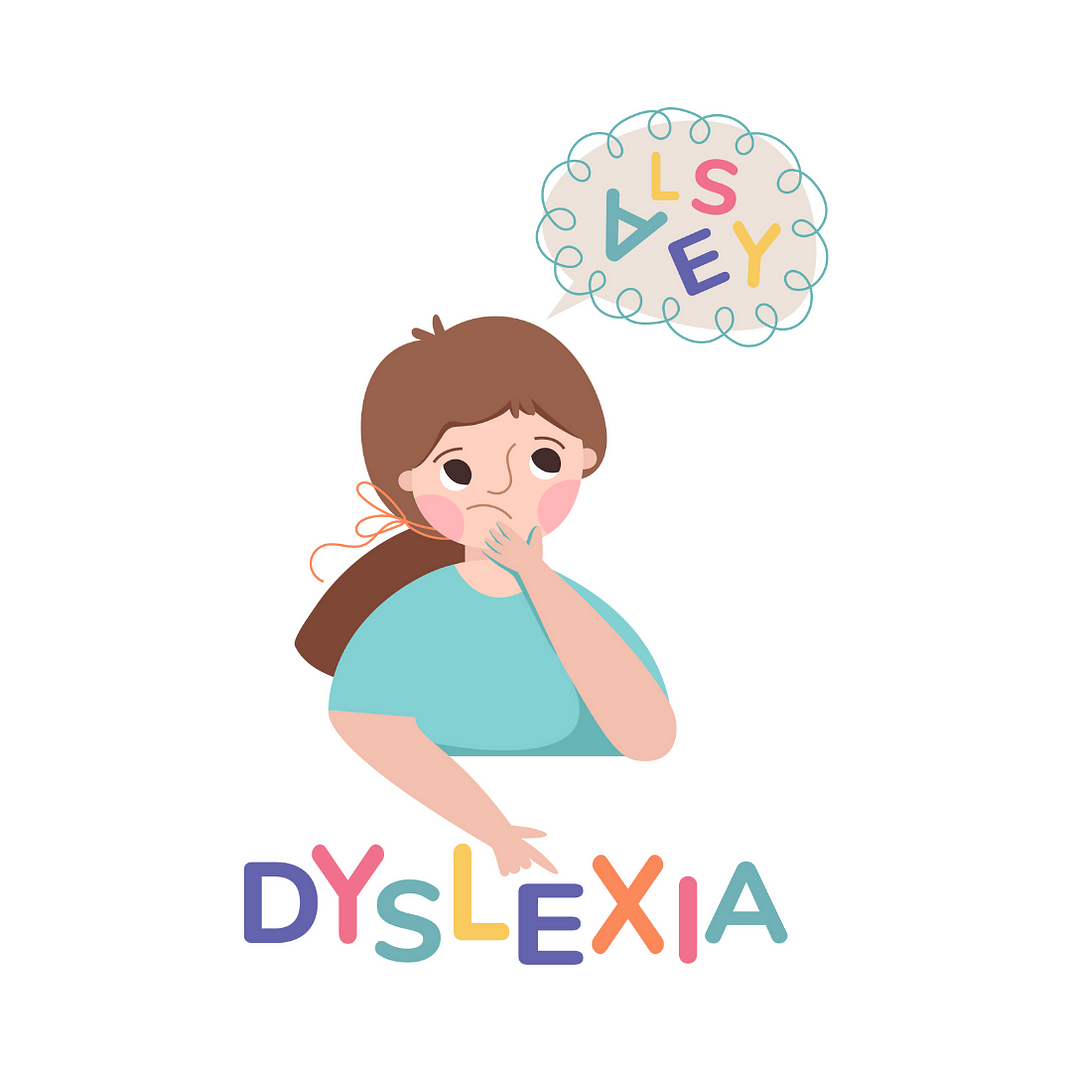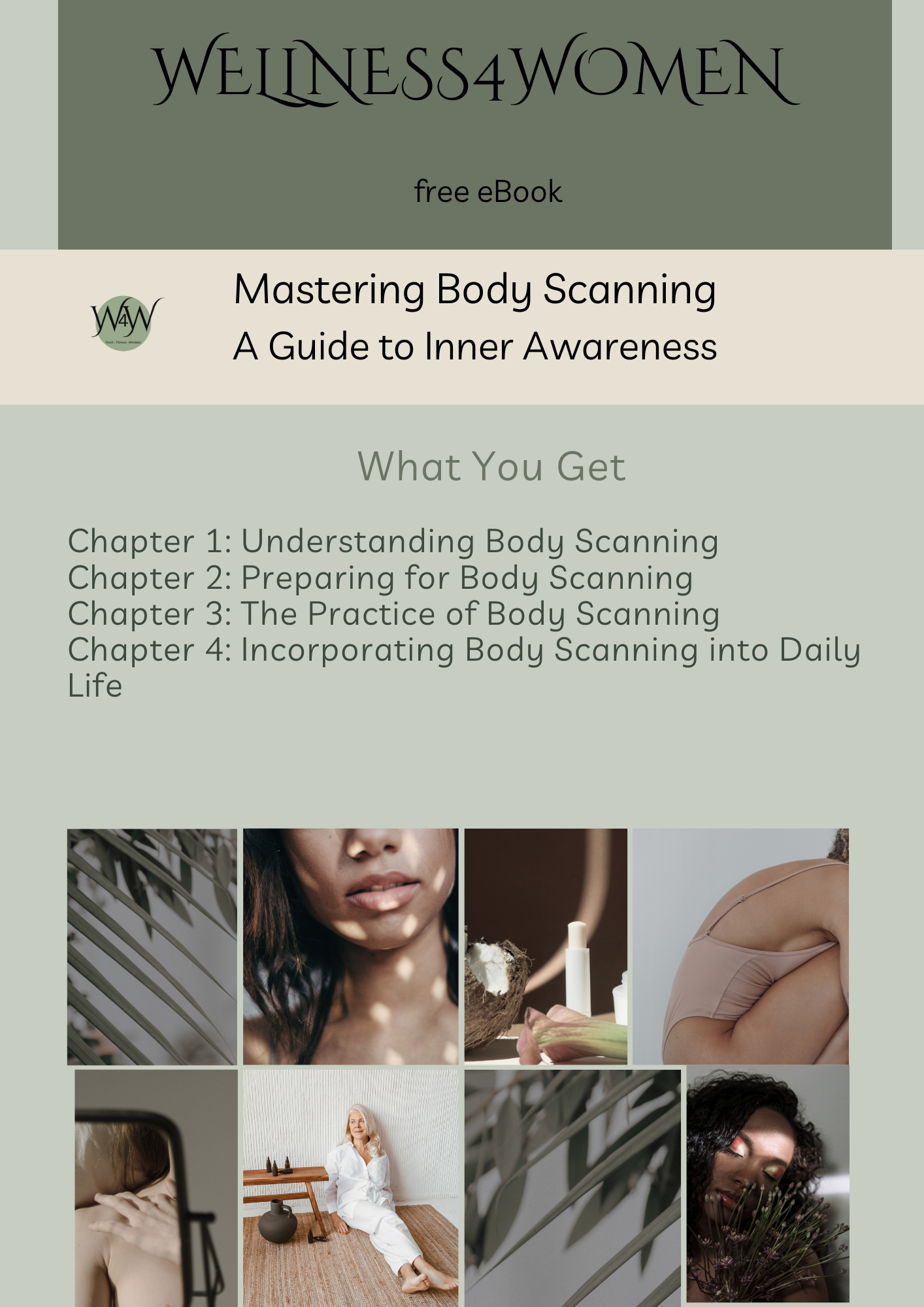In this article I share a little of how dyslexia affects and and the signs and symptoms’ and what you can do to live with Dyslexia.
When I was about ten years old, my favourite saying was ‘Good Grief, Charlie Brown’! It became quite a trademark, my catchphrase. I didn’t know at the time that I was dyslexic. I struggled with learning well into adulthood, not being diagnosed until my late 40s.
It was in the 1960s when I attended school in Australia. At that time, dyslexia was unknown within the educational system. So, I struggled through school with no remedial teaching available.
Lazy, Stupid, or What?
During my childhood, teens and early 20s, I never read a book from cover to cover due to being dyslexic. I always felt exhausted while reading, unable to comprehend the storyline, and I gave up early in the book. I was so bad at learning that I repeated grade two twice! Then failed every year after that in primary school. Throughout school, I was a year older than my peers and found high school challenging.
I hated school; every day was torture. The more I tried to learn, the more I failed. So, scoring an apprenticeship, I was ecstatic and left school immediately.
Although I tried to work very hard at school, not everyone saw it that way. It was reported to my parents by my teachers that I was lazy. My peers told me I was stupid, which added to my overwhelming sense of failure that was bit by bit consuming me.
I would explain to my parents, ‘I am trying; I can’t read, I can’t! They would fire back at me, ‘There’s no such word as can’t,’ pushing me to try harder. I did try, I did, but I didn’t get it! I always felt I was different from my siblings and peers, having a sense of lack but not knowing what.

Charlie and Me
I felt inferior to my classmates and family, who seemed to devour books and share what they had read. It all seemed easy and enjoyable to them but not to me. I felt very alone and misunderstood and began to withdraw into myself.
My late teens arrived, and I had never read a book from cover to cover. I never went to the library as the system confused me. I concluded why I would go to the library where there are paper things in there, one has to read and couldn’t!
One day while pursuing a local bookshop and wishing I could read something, I came across little cartoon-like books about the adventures of Charlie Brown.
The books were the Peanuts Series written by Charles Schultes. Each comic book featured a school-age Charlie Brown as the main character. Charlie had his dog Snoopy and many friends who displayed anything from thoughtful to dubious qualities.
I bought a few books in the series and discovered I liked Charlie Brown. I could relate; he was such a cute cartoon character because I found a small reflection of myself in Charlie. Charlie was a kid of small stature, inconspicuous, quite ordinary, and unremarkable. Like me, he was constantly bumping into trouble.
Like me, he was misunderstood.
Charlie had a bad habit of making silly mistakes. He would say stupid things and do things out of the ordinary, which annoyed his friends. And that’s when his friends exclaim, Good Grief, Charlie Brown! I sure could relate to Charlie Brown.
Struggling with dyslexia, which I didn’t know I had, I experienced grief. It was then that I realised that grief had nothing GOOD about it. And so, my favourite word?—?Good grief, became a thing of the past -sorry, Charlie.

Dyslexia and Me
Throughout my life, I have travelled and worked in different countries. I have been lucky to enjoy three significant careers and other stuff I studied and worked hard for.
I struggled throughout my career, still not knowing I was dyslexic. I often wondered why my peers didn’t have the same learning difficulties that I experienced. Then, in my late forties, I was diagnosed as dyslexic. The diagnosis came when I attended Westminster College in Cambridge, England. The tutor spotted that I may be dyslexic and asked me what I thought. It sounded ominous; I replied, “I never heard of the word dyslexia, and asked, ‘What on earth is it???”
Not a Disability
You may ask, what’s dyslexia? In short, dyslexia, a common learning type, can cause problems with reading, writing, spelling and other things. I also have dyscalculia which often comes with dyslexia- but not always. With both dyslexia and dyscalculia, unlike a learning disability, intelligence isn’t affected.
It’s estimated up to 1 in every ten people in the UK has some degree of dyslexia. In many people, it appears to be hereditary. It is undoubtedly misunderstood, and I have had my fair share of nasty comments and shunning and told not to tell anybody from well-meaning friends and colleagues.
Upon diagnosis, a family member asked me, “What kind of brain disease is that”? Sadly, ignorance still prevails today, so to get the word out there that dyslexics are normal, intelligent human beings are essential.
Done with Crying, Discovering my Dyslexia
I have read hundreds of articles from professionals aiming at helping dyslexics. I discovered that some professions have prejudicial ideas of understanding what dyslexia is. They call dyslexia a difficulty, problem, disability or even a malaise. Other articles declare that dyslexia and dyscalculia is a scam and does not exist. To my dismay, I found that so-called experts declare that it is an excuse for bad behaviour or laziness. One expert advised that if dyslexics applied themselves, they could “get over it.” But that’s not the case.
I have struggled with dyslexia and dyscalculia for most of my life. I find the ignorance among experts intolerable. It makes my blood boil; they have no idea what dyslexia is and how it can be used as a beautiful tool for success.
Once I learnt how dyslexia affected me, I developed skills and tools to cope with and enhance my life. I have found that dyslexia is a lifelong gift that we are born with.
Dyslexia can and does present daily challenges, but support is available if you look for it. I have learnt how to improve my reading, writing and coping skills and still earning. These things help you succeed at school and work regardless of age. Does it cause challenges? YES, it does. But we accept and face them.
In the past, lacking skills and know-how, I have spent hours and hours in floods of tears and acute depression. I lacked the skill to use my dyslexia to my advantage. But I didn’t stay in that state; I agreed that I was over-crying and took responsibility for myself.
If you’re not one of the ten to fifteen per cent of the population with dyslexia, It’s hard to understand.
Life is much more difficult for people with dyslexia. Science tells us that we have brilliant minds but don’t know how to focus to use that intelligence.
When dyslexia is accepted as a gift, shame and embarrassment evaporate. Take positive action, and work toward discovering how dyslexia affects you.

Disadvantages of Dyslexia
We dyslexics find it challenging to recognise the different sounds that makeup words and how they relate. The good news is that dyslexia is not associated with a person’s general level of intelligence. Children and adults of all intellectual abilities can be affected by dyslexia.
Dyslexic people can see things from many different points of view; all at once, we see the big picture; that’s why many dyslexics are creatives of some kind. We can also be extremely sensitive because we ‘perceive’ nuances others do not.
But the gift comes with a curse: it takes time to prioritise or make sense of all those perspectives we see. When we share those nuances, we are often not believed as they do not see the same thing. Taking things ‘literally’ can be a problem.
For example, sometimes people say things they don’t mean or use throw-way lines, but a dyslexic takes it at face value and internalises what is said.
Some dyslexics can be hard to live with and love because our brains are wired differently from others. Even if you love someone with dyslexia, the day-to-day living can drive you insane. Most dyslexics forget short-term things, believing we’ve said or done things we haven’t. They can be incredibly messy, disorganised, and less sociable than others.
Because I need tools to help me remember, I use a checklist and multiple planners for my personal and professional life. This is how I keep my life on track of what to do and what I have done.
It’s important to understand that dyslexia can work quite differently with each person. So it would be in your best interest to learn how it works with you.

Dyslexia, Whose Fault?
The exact cause of dyslexia is unknown. Science has discovered that, but it often appears to run in families. It is thought that specific genes inherited from your parents may act together to affect how some parts of the brain develop during early life. A word of warning here- but please, don’t go blaming your parents!
We can’t change being dyslexic, but we can change how we manage it and embrace it as a significant advantage. Here is a great book to give you more insight into a dyslexic’s world.
Brock, L, E. Etal. (2011) The Dyslexic Advantage: Unlocking the Hidden Potential of the Dyslexic Brain. Hay House. UK.
Some Signs of Dyslexia
Let’s have an insight into how a dyslexic mind works. Signs of dyslexia usually become apparent when a child starts school and begins to focus more on learning how to read and write.
A person with dyslexia may:
- Read and write very slowly.
- Confuse the order of letters in words.
- put letters the wrong way round (such as writing “b” instead of “d”)
- have weak or inconsistent spelling.
- bad handwriting
- understand information when told verbally but need help with written information.
- Need help learning by rote
- difficulty in remembering and recalling.
- Need help to carry out a sequence of directions.
- Struggle with planning and organisation,
- become upset when learning something new, and may result in destructive behaviour.
This list needs to be more comprehensive, but it may worry you at first glance. But the good news is that people with dyslexia often have excellent skills in other areas, such as creative thinking and problem-solving. These are only some of the symptoms, and you or your loved one may be one or two or more, as I have.

Take Control, Seek Support
If you suspect you or your child has dyslexia, the first step is to speak to their teacher about your concerns.
With appropriate support, there’s usually no reason your child can’t attend a mainstream school, although many children may benefit from attending a specialist school.
In my 50s, I read Social Science at the Master’s level; and was granted funding to have a private tutor and to purchase equipment to help me study.
Most universities have specialist staff who can support people with dyslexia in higher education. It was at university that I was assessed as an upper-percentile dyslexic. I could not have earned a Master’s Degree without help and support. My dissertation scored a distinction which was a massive achievement for me!

Support Group Benefits
I live in the UK, and there are lots of local and national associations that can help. However, I am sure you can find such charities and associations in the country where you live. These independently registered charities run workshops and help provide local support and access to free information.
The Power is in Your Hands
If you suspect you or a loved one may be dyslexic or discalceate, don’t despair; take actionable steps. Do not hesitate to be assessed; you can get the needed help and support and enjoy the gift you were given.
Thanks for being here today. If you found this post helpful or have any questions, please place a comment or email me.
For more great articles, Subscribe to https://wellness4women.blog
Mindfulness-based techniques, such as mindful breathing and body scans (when you subscribe to https://wellness4women.blog, you will receive a free e-book on body scanning), are instrumental in cultivating awareness of one’s thoughts and sensations while fostering acceptance and non-reactivity.
As a wellness consultant, I advocate for science-based holistic wellness and health. So, Please Contact your healthcare provider for guidance if you have any serious health concerns or issues. If you are interested in improving your well-being and want to use my services, Please contact me for a free initial Consultation. Paula Rose Parish
Affiliate Link: Got a YouTube channel? To Get More Views and Subscribers, click this link to get your free TubeBuddy today. https://www.Tubebuddy.com/pricing?a=Wellness4Women
In the comments section, I would love for you to share your stories and comments about your coping, health, fitness, and wellness strategies with this community.
Who Are We? Hi, I’m Paula Rose, a writer and wellness consultant. I enjoy helping others meet their wellness goals, challenges and needs. Wellness4Women helps women to be happy and healthy with a holistic preventive health approach. I have worked internationally with over 40 years of experience, having a Master of Arts in Counselling Professional Development and training in personal development, wellbeing and health and fitness. I help business owners, employees, and individuals improve their health and wellness for productivity and success. Paula Rose Parish BA. M.A.
You will also find many of my articles and videos on other Platforms-
https://paularoseparish54798.medium.com
https://www.youtube.com/channel/UCvdQ4NPTNfXSnwd3pimPh0g
https://gravatar.com/paularoseparish
FOLLOW ME ON-
Pinterest?—?https://www.pinterest.co.uk/proseparish/
Medium- www.medium.com/@paularoseparish_54798
Facebook- https://www.facebook.com/paula.roseparish.5/
?Instagram: https://www.instagram.com/paularoseparish2020/?hl=en
LINKEDIN: https://www.linkedin.com/in/paula-rose-parish-6320a6181/
You’ll find my books in the top menu linked to Amazon, and if you wish to connect with me, please do so at paularose@wellness4women.blog.
Copyright © 2024. Paula Rose Parish. All Rights Reserved.
Wellness4Women https://wellness4women.blog
#fitnessmotivation #healthwellbeing #wellness #women #womens health



